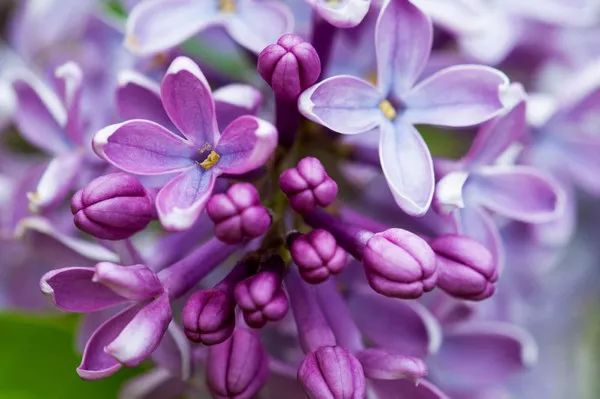In Pune, a dilemma is emerging in the wedding decor industry, pitting natural floral arrangements against their artificial counterparts. While real flowers for wedding ceremonies can cost a minimum of ₹1 lakh, providers of artificial flowers offer a more budget-friendly alternative ranging from ₹5,000 to ₹10,000, utilizing plastic blossoms. The rising popularity of artificial flowers is causing concern among local flower growers, leading them to call for a government ban, especially on large imports from China. However, some families argue that plastic flower decor significantly reduces budget expenses for already extravagant ceremonies.
Over the past decade, floriculture in Pune district has shifted from sustenance production to commercial production, with farmers facing challenges due to the extensive import of artificial flowers now prevalent in marriage decorations.
Mukund Thakar, founder of Pawana Phool Utpadak Sangh, a group of farmers in the Mawal region of Pune district, expresses concern over the industry’s problems arising from the competition posed by artificial flowers. Post-Covid-19, the industry, already facing difficulties, is witnessing a concerning trend where artificial flowers are replacing fresh ones in marriage ceremonies.
Thakar highlights the stark competition, with fresh flower decorations costing ₹1 lakh, while artificial flower decorators offer their services at a mere ₹5,000. The reusability of plastic flower sets adds to the challenge for traditional floriculturists.
Prassanna Patil, currently planning his wedding ceremony, emphasizes the importance of budget management. He asserts that while essentials like food, clothing, and the wedding venue cannot be compromised, trimming expenses on floral decoration by opting for artificial flowers is a viable option.
Many newcomers to farming invest ₹70 lakh in setting up a polyhouse covering one acre, and these farmers seek support from the Union Government. A delegation of farmers recently submitted a memorandum to Baramati MP Supriya Sule, urging her assistance in addressing their concerns. In response, Sule expressed her commitment to raising the issue of banning plastic flowers in Parliament and personally refusing artificial flowers or garlands made from these materials.
India’s floriculture industry, as per the National Horticulture Database (2021-22), spans 2.83 lakh hectares, with a production of 22.95 lakh tonnes of loose flowers and 8.33 lakh tonnes of cut flowers. The total floriculture export from India was ₹707.81 crore in 2022-23, with major importing countries including the U.S., the Netherlands, the United Arab Emirates, the U.K., and Germany. India boasts over 300 export-oriented units in this sector.


